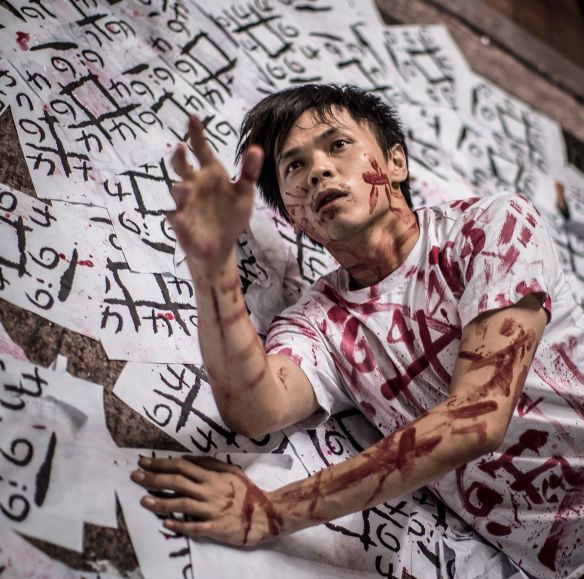The Harvard Review has just published my translation of “That Time” 那时, by Duo Duo 多多, a section from his series The Desire of the Rose Now the Same as the Desire of Swords 玫瑰的欲望已经与剑的欲望一致.
In the brief introduction, I write:
The sequence as a whole is about the vicissitudes of memory: its pains but also its joys. The images that end “That Time,” horses and gravestones, are familiar throughout Duo Duo’s oeuvre, but here they are defamiliarized. The whole sequence ends with “remembrance” being the pursuit of “what is ahead,” while “the moment of happiness is the moment of memory.”
Here is how the poem begins:
why does the camel need twin humps to make it through the desert?
I look at you, you only look at yourself
I look there, I only see youI look at things I cannot see
I see time—that long, long roseat that time the lion could still think, no flames of fury in the beauty’s eyes
at that time we could still walk into things we could not understandit’s the heart that creates the invisible, between riddle
and its four walls, letting the parable of life pass through the ringthe way my sunlight might pierce your eyes
to see some even farther place
为什么骆驼需要双峰才能穿越沙漠?
我望着你,你只望着自己
我望着那里,我只望到你我在看我看不到的事物
我看到了时间——那朵漫长的玫瑰那时狮子还会思考,美人眼中还没有怒火
那时我们还能走进不可理解的事物是心灵创造不可见的,在谜
和它强大的四壁之间,容生活的寓言穿过指环如我的日光能够穿透你的眼睛
就会看到更远的地方
Many thanks to Tammy Lai-ming Ho for her suggestions on my translations!
Click on the link above for the poem in full.








